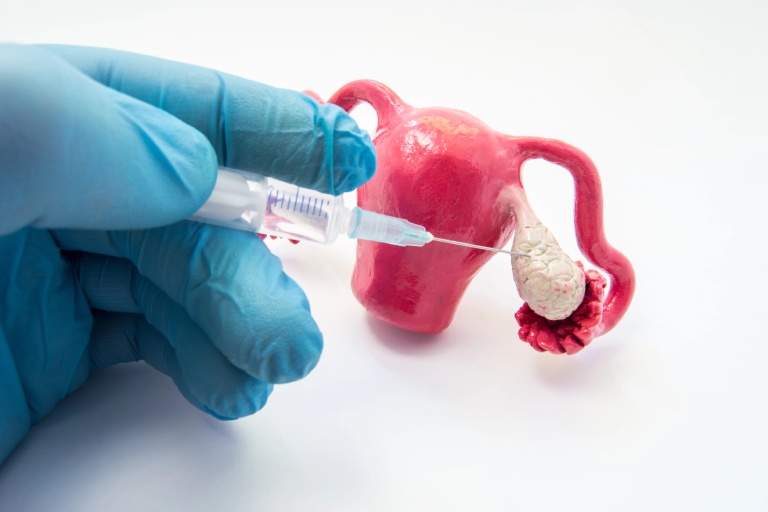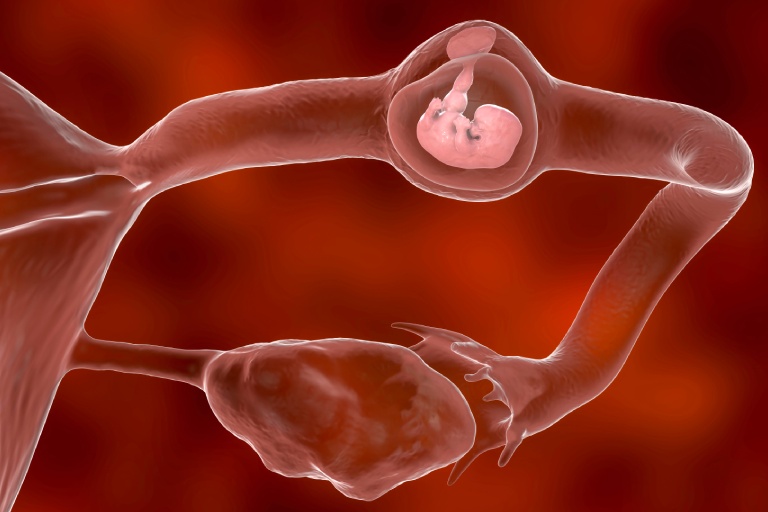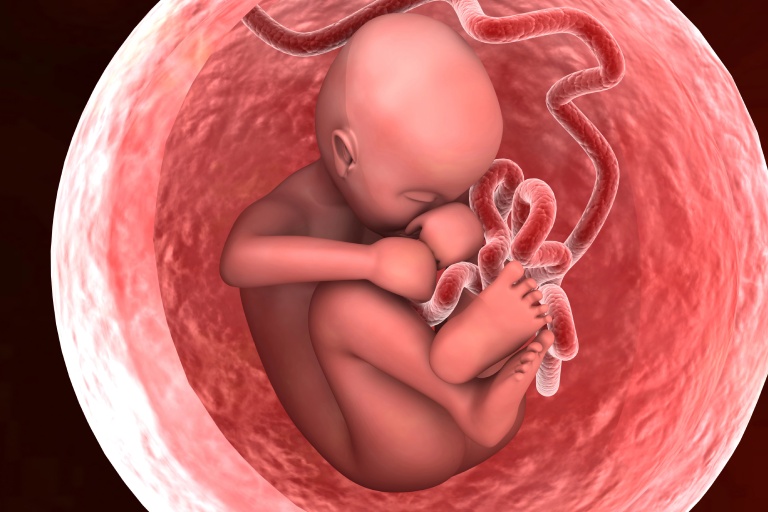
For many individuals and couples, the journey to parenthood can be filled with unexpected challenges. If you are asking yourself, “Why can’t I get pregnant?”, it is important to know you are not alone.
Infertility affects millions of people worldwide, with causes ranging from medical conditions to lifestyle factors. Understanding the potential reasons behind infertility and exploring possible solutions can help you make informed decisions about the next steps in your journey.
Understanding Infertility: What It Means
Infertility is defined as the inability to conceive after a year of regular, unprotected intercourse for women under 35 or six months for women over 35. For same-sex couples and single individuals using donor insemination, infertility is identified after a year of unsuccessful attempts. Approximately 12-15% of couples experience infertility, making it a common yet often misunderstood condition.
Infertility can stem from a variety of factors affecting one or both partners. In some cases, the cause is unknown, but many couples benefit from evaluations that identify underlying issues. Once the root cause is determined, medical professionals can recommend treatments or alternative paths to parenthood, such as working with surrogates to bring your dreams to life.
Common Causes of Infertility in Women
Several medical conditions and factors can impact a woman’s ability to conceive.
Fallopian Tube Obstruction
Blocked or damaged fallopian tubes prevent the egg and sperm from meeting. This issue is often linked to pelvic infections, endometriosis, or previous surgeries. If the tubes are not functioning properly, natural conception becomes difficult, but treatments such as surgery or IVF may help.
Ovulation Disorders
Ovulation issues occur when eggs are not released regularly or at all. Conditions like polycystic ovary syndrome (PCOS), hormonal imbalances, stress, or extreme weight fluctuations can disrupt ovulation. Identifying the underlying cause of irregular ovulation is key to finding the right solution.
Uterine Abnormalities
Issues such as fibroids, polyps, or an irregularly shaped uterus can interfere with implantation. These conditions reduce the chances of a fertilized egg attaching to the uterine wall, but they may be addressed through surgical or medical interventions.
Common Causes of Infertility in Men
Men also face infertility challenges, which can impact the quality or quantity of sperm.
Sperm Disorders
Low sperm count, poor motility, or abnormal sperm shape can make it harder for sperm to fertilize an egg. Azoospermia, where no sperm is present in the semen, is a rarer condition but also a significant obstacle.
Varicoceles
Swollen veins in the scrotum can raise its temperature, reducing sperm production. Varicoceles are a common cause of male infertility and may be treated surgically to improve sperm quality.
Delivery Issues
Conditions like premature ejaculation, retrograde ejaculation, or blockages in the reproductive tract can hinder sperm delivery. These issues often require medical evaluation and intervention.
How Age Impacts Fertility
Age plays a significant role in fertility, particularly for women. The number and quality of eggs decline over time, with a noticeable acceleration around the age of 37. Women in their 40s face higher risks of chromosomal abnormalities in eggs, which can lead to miscarriages or difficulties conceiving.
For men, age has a lesser impact, but sperm quality can decline gradually. Couples in their late 30s or 40s often explore fertility treatments like IVF or surrogacy to increase their chances of having a healthy baby.
Lifestyle Factors that Affect Fertility
Lifestyle choices and overall health can significantly influence fertility in both men and women.
Body Weight
Being underweight or overweight can disrupt hormonal balance, affecting ovulation and sperm production. Maintaining a healthy BMI between 18 and 25 supports reproductive health.
Substance Use
Smoking, heavy drinking, and drug use can harm fertility by affecting egg quality, sperm health, or the ability to sustain a pregnancy. Reducing or eliminating these habits improves your chances of conceiving.
Stress and Underlying Health Conditions
Chronic stress, diabetes, and other long-term health conditions may interfere with your ability to conceive. Addressing these issues through lifestyle changes or medical treatment can make a difference.
What to Do If You Can’t Get Pregnant
If you are struggling to conceive, taking the following steps can help identify the issue and explore possible solutions.
Schedule an Infertility Evaluation
An infertility evaluation involves physical exams, blood tests, imaging studies, and semen analysis. For women, these tests check hormone levels, ovulation patterns, and the health of the uterus and fallopian tubes. For men, they assess sperm count, motility, and structure.
Explore Treatment Options
Depending on the results of your evaluation, doctors may recommend treatments such as:
- Ovulation Induction: Medications stimulate the release of eggs in women with ovulation disorders.
- Intrauterine Insemination (IUI): Sperm is placed directly into the uterus to improve the chances of fertilization.
- In Vitro Fertilization (IVF): Eggs are fertilized with sperm in a lab, and the resulting embryo is transferred to the uterus.
Alternative Options for Building Your Family
For couples and individuals unable to conceive naturally or through traditional treatments, there are several other ways to build a family. Surrogacy is one of the most promising options, particularly for those dealing with uterine issues or severe infertility. Through gestational surrogacy, embryos created via IVF are carried by a surrogate who has no genetic connection to the child.
Egg or sperm donation can also be part of the process for those with challenges in producing viable eggs or sperm. Adoption remains another fulfilling choice for many families, providing a loving home to a child in need. Consulting with professionals to explore these options can help you make an informed decision based on your needs and circumstances.
Navigating the Path to Parenthood: Hope, Support, and New Possibilities
Struggling to conceive can be a deeply emotional journey, but it is not the end of your dream of parenthood. Understanding the factors that impact fertility, exploring available treatments, and considering alternative family-building options can open new doors to hope. With the right guidance, you can navigate these challenges and move closer to welcoming a child into your life.
At Carrying Dreams, we are committed to supporting individuals and families on their journey to parenthood. With personalized care, expert resources, and compassion, we help intended parents and surrogates create beautiful and lasting connections. Contact us today to learn how we can help make your dream of a family a reality.



